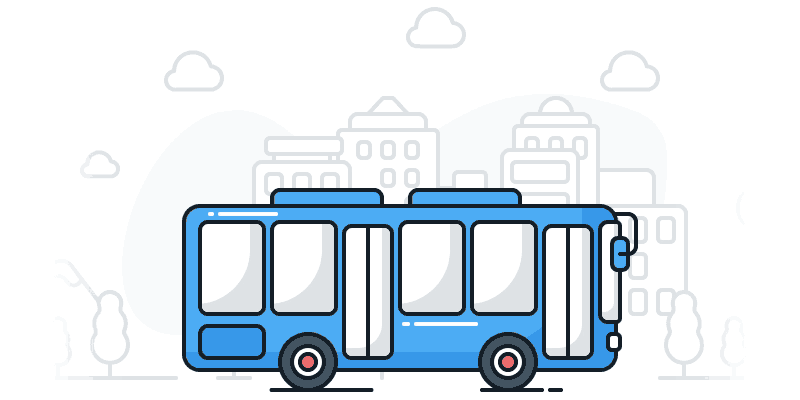There’s something profoundly humbling about starting from scratch. When you’re standing at zero, the possibilities seem endless, but so do the challenges. There’s no roadmap, no established precedent—just an idea and the determination to bring it to life. For me, that journey began with a simple, audacious question: could intercity travel in India be reinvented?
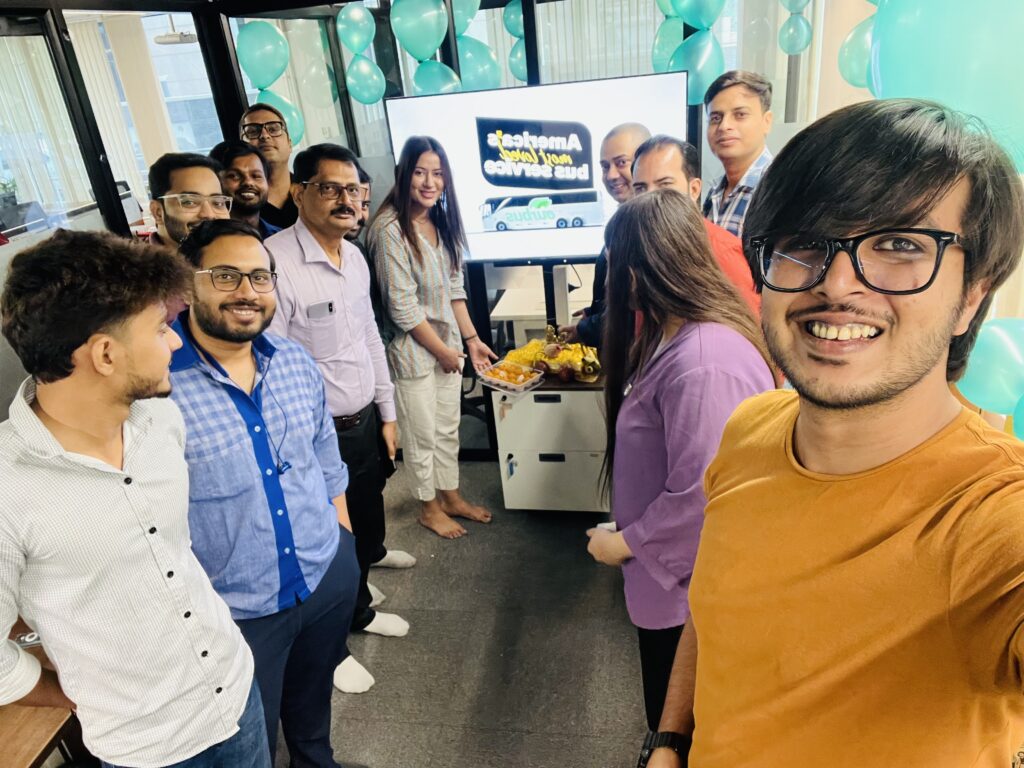
At first glance, the idea felt almost naive. India’s bus travel ecosystem is enormous, chaotic, and deeply ingrained. Millions rely on buses every day, navigating a web of private operators, state-run services, and informal networks. It’s a system that works, but barely—an intricate dance of demand and supply that leaves passengers frustrated more often than satisfied. So why try to fix it? Why step into a market so deeply entrenched in its inefficiencies?
The answer, I realised, lay in the very nature of the problem. People deserved better. They deserved a system that wasn’t just functional but exceptional. They deserved buses that arrived on time, seats/berth that were clean and comfortable, and operators who valued their trust. It wasn’t about competing with existing players; it was about creating an experience that redefined what bus travel could be.
The vision for OurBus was born from this belief. As an extension of the US-based OurBus brand, we had the advantage of a proven model, but adapting it to India’s unique complexities was a challenge of its own. It wasn’t just about importing an idea; it was about reimagining it from the ground up.
In the early days, my notebook was my constant companion. It travelled with me on long bus rides, through bustling terminals, and into conversations with passengers and operators alike. Every page was filled with observations, questions, and insights—each one a puzzle piece in the larger picture.
One of the first things I noticed was the sheer diversity of the market. Travel preferences varied not just from state to state but often within the same city. What passengers in Delhi valued—speed, convenience, and air-conditioned comfort—was different from what passengers in smaller towns sought, which was affordability and reliability above all else. Understanding these nuances wasn’t just important; it was essential.
To immerse myself fully, I began travelling like my future passengers. I queued at overcrowded terminals, sat on aging buses, and endured long delays. It was an uncomfortable but eye-opening experience. I saw firsthand the frustrations passengers faced: the lack of information, the uncertainty around schedules, and the absence of basic amenities. But I also saw resilience. People adapted, made do, and continued to travel, often with little choice. It was this resilience that convinced me there was an opportunity—not just to create a business but to solve a real problem.
Building a business from 0 to 1 is as much about creating an organisation as it is about launching a product. Every department—supply chain, operations, customer service, finance, marketing, and more—had to be built from the ground up, each with its own processes, goals, and challenges.
The supply chain was the foundation of our operations. Without reliable bus operators, there would be no OurBus. But finding the right partners wasn’t easy. India’s bus market is highly fragmented, with operators ranging from large companies to small family-owned fleets. Each had its own way of working, and not all were ready to embrace the changes we were proposing.
Every partnership began with negotiation. Contracts had to be drawn up, revised, and tailored to meet the needs of both parties. These weren’t just legal documents; they were the starting point of a relationship built on trust. Operators needed to see how partnering with OurBus would help them improve their operations, increase revenue, and build customer loyalty.

But the work didn’t stop at signing contracts. Once partnerships were secured, we had to standardise the service. This meant setting quality benchmarks for cleanliness, safety, and comfort. We worked closely with operators to upgrade their fleets, often sourcing suppliers for amenities like ergonomic seats/berth, onboard Wi-Fi systems, and GPS tracking devices. Every detail mattered because every detail contributed to the passenger experience.
No journey from 0 to 1 happens in isolation, and in the world of bus travel, relationships are everything. From the beginning, I knew that building OurBus would require the trust and partnership of local bus operators. These operators were the lifeblood of the industry, managing fleets, routes, and operations with a precision born of decades of experience. Convincing them to partner with a new player was no small task.
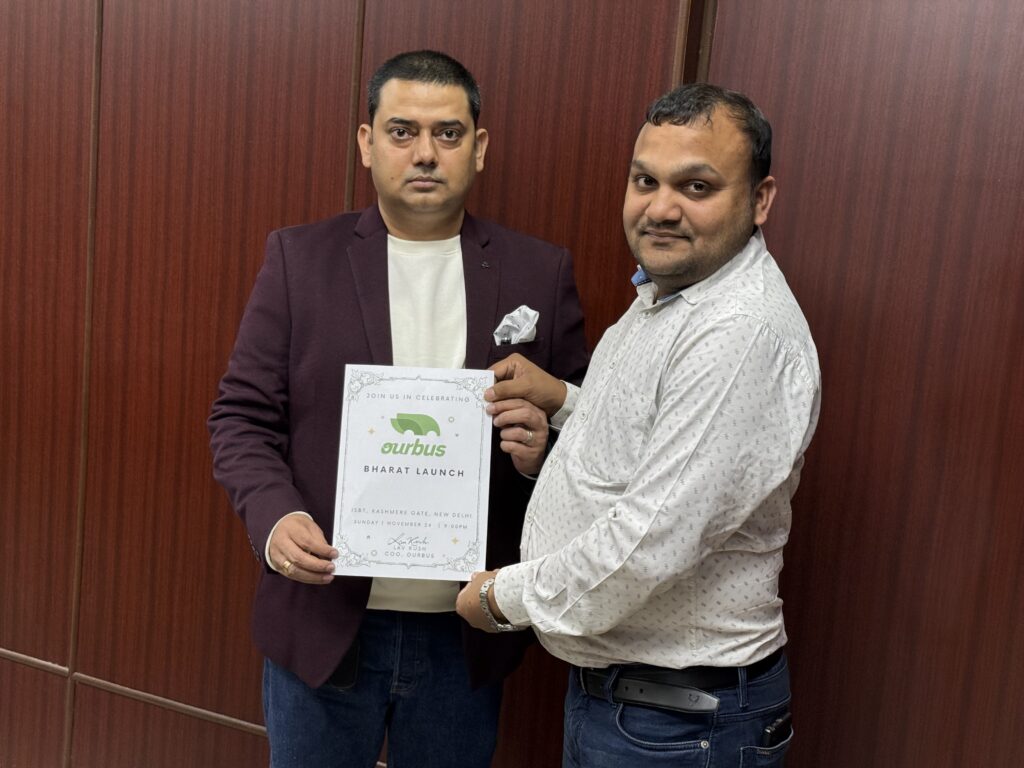
In those early meetings, I spent more time listening than talking. Operators were understandably cautious. They had seen new entrants come and go, promising the moon but delivering little. To earn their trust, I had to show them that OurBus wasn’t here to disrupt their livelihoods but to enhance them. We talked about shared goals: increasing passenger numbers, improving efficiency, and building long-term sustainability. Slowly but surely, partnerships began to take shape.
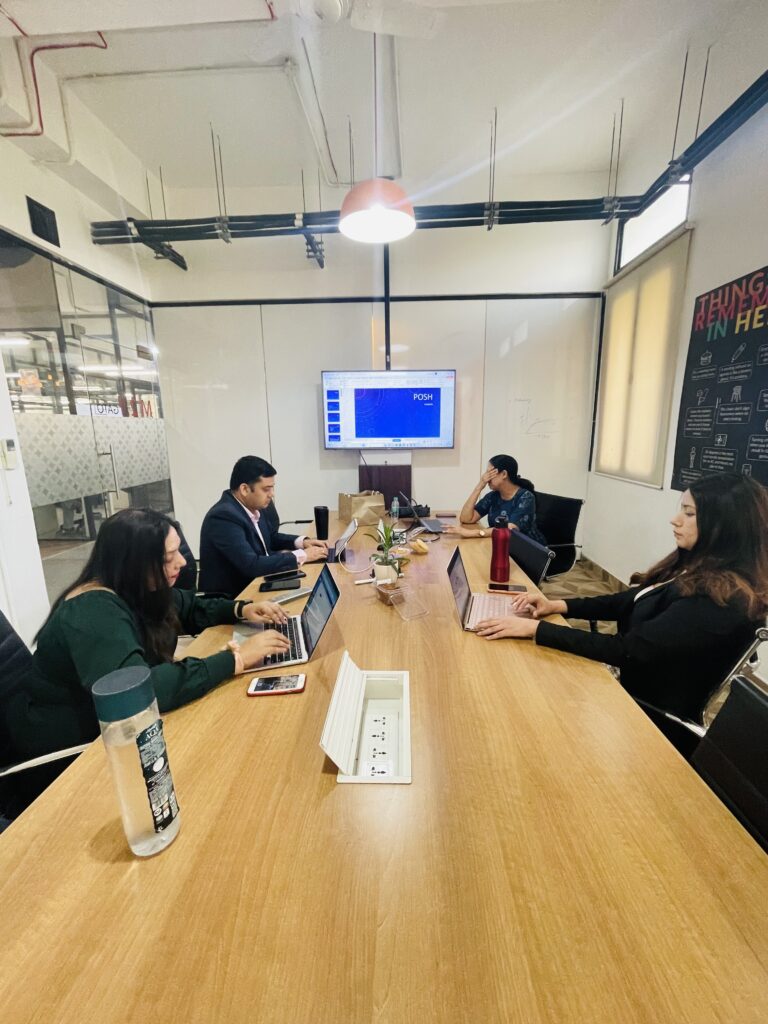
But building relationships wasn’t just about operators. It was about passengers, too. From the very beginning, we prioritised understanding what our customers wanted and needed. We didn’t assume; we asked. Surveys, focus groups, and one-on-one conversations helped us design a service that wasn’t just efficient but truly passenger-centric.
Every professional learns, sooner or later, that a vision is only as strong as the people who believe in it. For OurBus, assembling the right team was one of the most critical steps in our journey. These weren’t just hires; they were partners in the truest sense, people who shared the vision and were willing to navigate the uncertainties of a startup.
Our first hires were a mix of seasoned professionals and ambitious newcomers. What united them was their belief in the mission. There was the operations lead who had spent years in logistics and knew the industry inside out. There was the tech whiz who transformed our digital platform into something intuitive and user-friendly. And then there were the on-ground staff who brought the brand to life, interacting with passengers and solving problems in real-time.
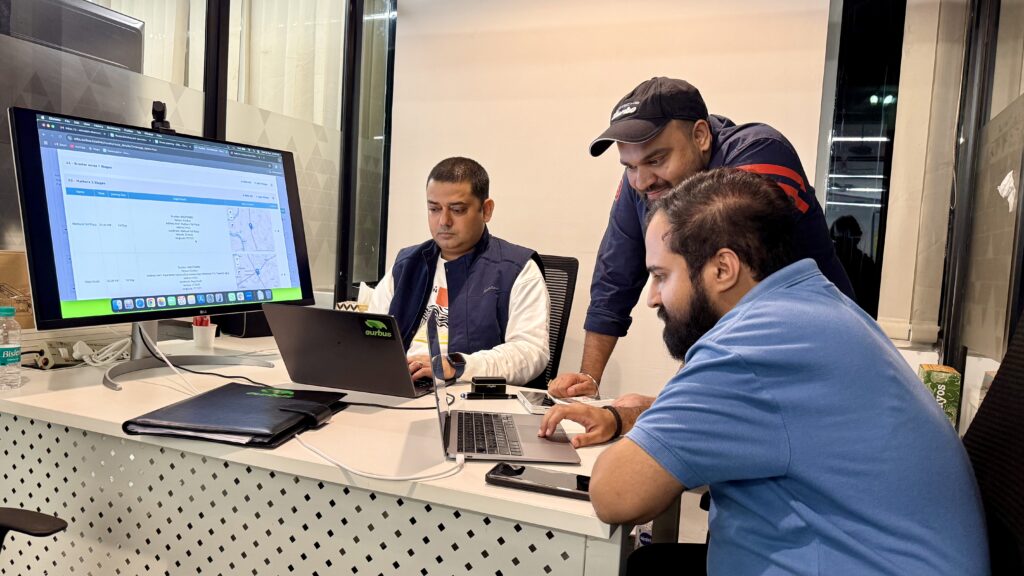
Building this team wasn’t easy. In a market as competitive as India’s, attracting top talent required more than just a salary offer. It required a promise—a promise of growth, purpose, and the chance to be part of something transformative. And once the team was in place, the real work began: delegation.
For the one responsible, letting go is one of the hardest things to do. In the early stages, every decision feels personal. But to scale, you have to trust your team. You have to empower them to make decisions, take risks, and own their successes and failures. Over time, I learned to step back—not entirely, but enough to let the team thrive.
While the supply chain provided the buses, operations ensured that they ran on time, every time. Setting up an operations team involved building a command centre—a nerve centre that could monitor every aspect of the network in real-time. This required not only the right technology but also the right people: a team capable of troubleshooting issues, managing delays, and ensuring that passengers were kept informed every step of the way.
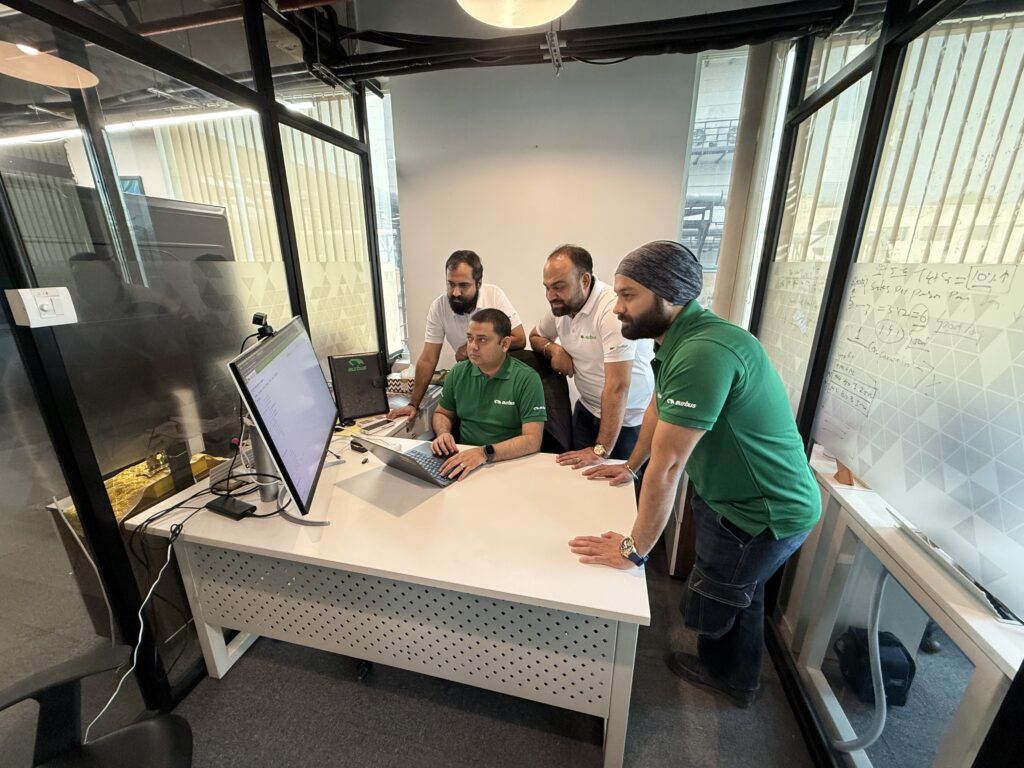
One of the biggest challenges was creating contingency plans. What happens if a bus breaks down? What if there’s a traffic delay or a technical glitch? For every potential failure point, we developed a process to address it quickly and efficiently. This was where tools like Failure Mode and Effects Analysis came into play. By anticipating problems before they occurred, we were able to minimise disruptions and keep the system running smoothly.
In an industry often criticised for its lack of customer focus, we wanted OurBus to set a new standard. Building a customer service team wasn’t just about hiring people to answer phones; it was about creating a culture of empathy, responsiveness, and problem-solving.
Every team member underwent rigorous training, learning not only how to resolve complaints but also how to anticipate them. Feedback loops were established, allowing us to continuously refine our processes based on passenger input. Scripts were tested and rewritten, ensuring that every interaction reflected our commitment to reliability and care.
As each department took shape, the next challenge was integrating them into a cohesive whole. This required meticulous process development. Every operation—whether it was route planning, ticketing, or customer support—needed a defined process. These processes weren’t static; they were living frameworks designed to adapt as we scaled.
One of the most valuable tools in this phase was documentation. Every step of every process was written down, tested, and refined. Teams were trained to follow these processes rigorously, but they were also encouraged to suggest improvements. This approach not only ensured consistency but also fostered a culture of innovation and ownership.
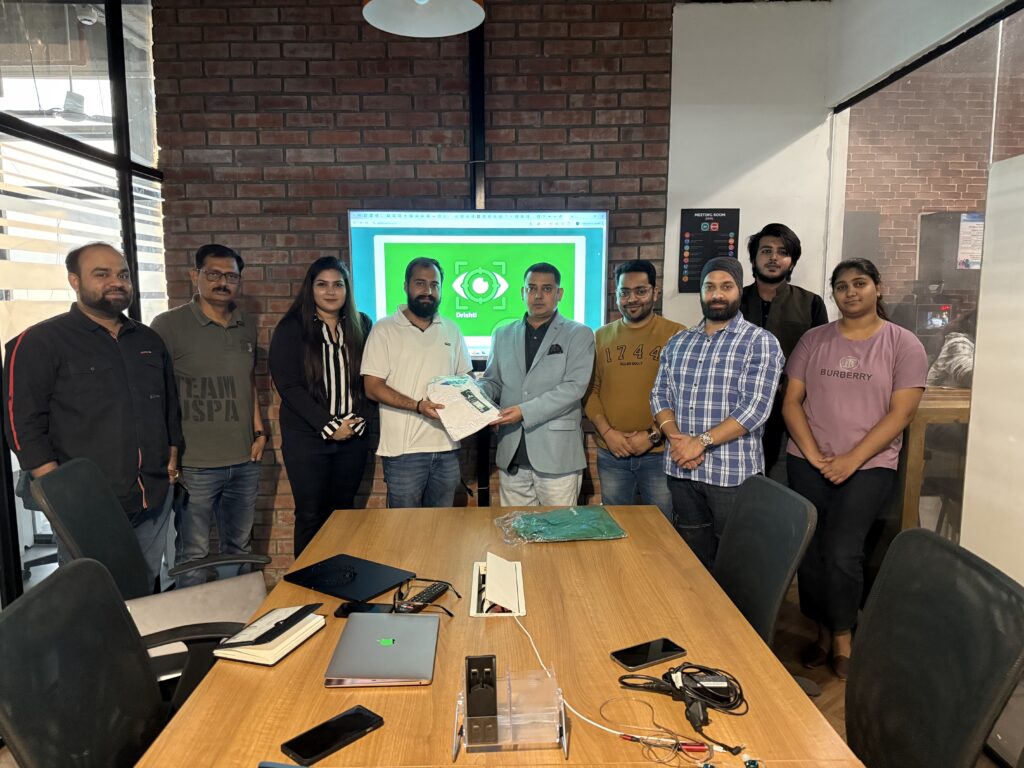
At the heart of our transformation was a cutting-edge technology platform that became the backbone of OurBus’s operations. This wasn’t just a tool; it was an ecosystem designed to simplify and enhance every aspect of the passenger journey. From real-time bus tracking to seamless ticket booking, our platform delivered transparency and convenience. It also empowered our operations team with data-driven insights, allowing for precise scheduling and quick resolutions to challenges. Building this technology required not only innovation but also a deep understanding of the unique complexities of India’s travel market. It was an investment in the future, one that ensured our service would remain reliable, adaptable, and ahead of the curve.
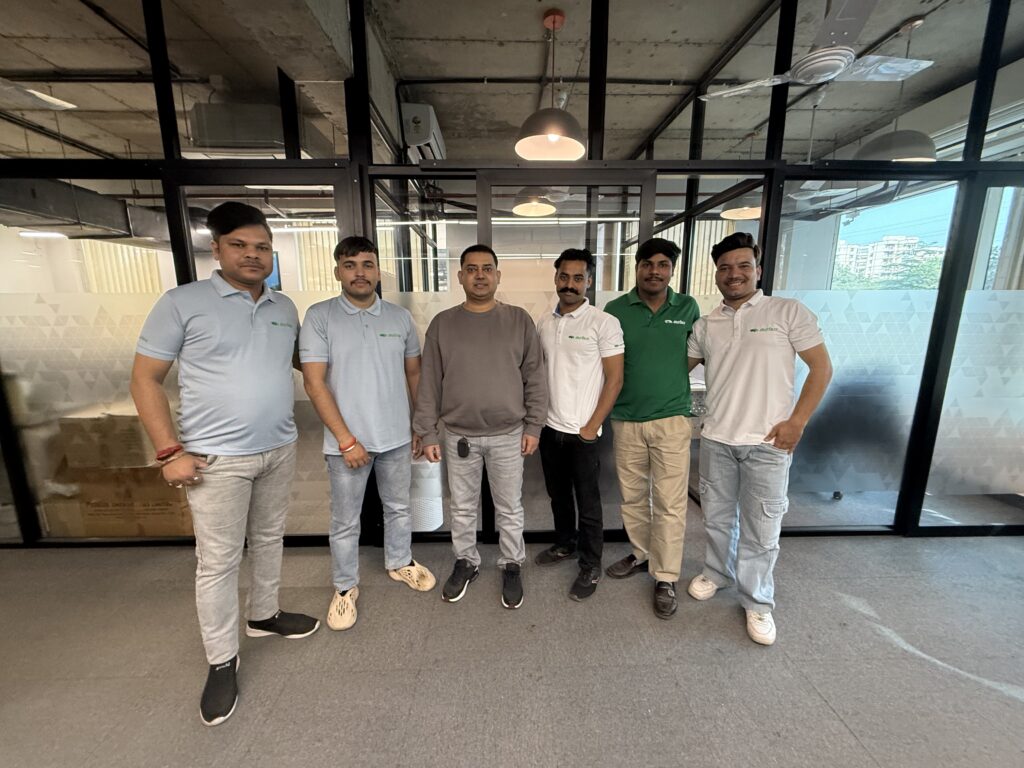
We also recognised that the success of OurBus relied heavily on the people who represented us on the ground—our drivers and captains. These individuals are not just employees; they are the face of our brand. That’s why we invested heavily in their training and development. Our training programs went beyond the basics, focusing on safety protocols, customer service, and even soft skills like communication and problem-solving. Drivers learned how to handle unexpected challenges on the road, while captains were trained to ensure every passenger interaction reflected our commitment to care and reliability. By empowering our team, we didn’t just improve our operations; we set a new industry standard for professionalism and service excellence.
While much of our focus was on systems and processes, the physical aspect of our business—our buses—required equal attention. Designing and manufacturing our fleet wasn’t just about aesthetics; it was about creating a space that passengers would look forward to entering.
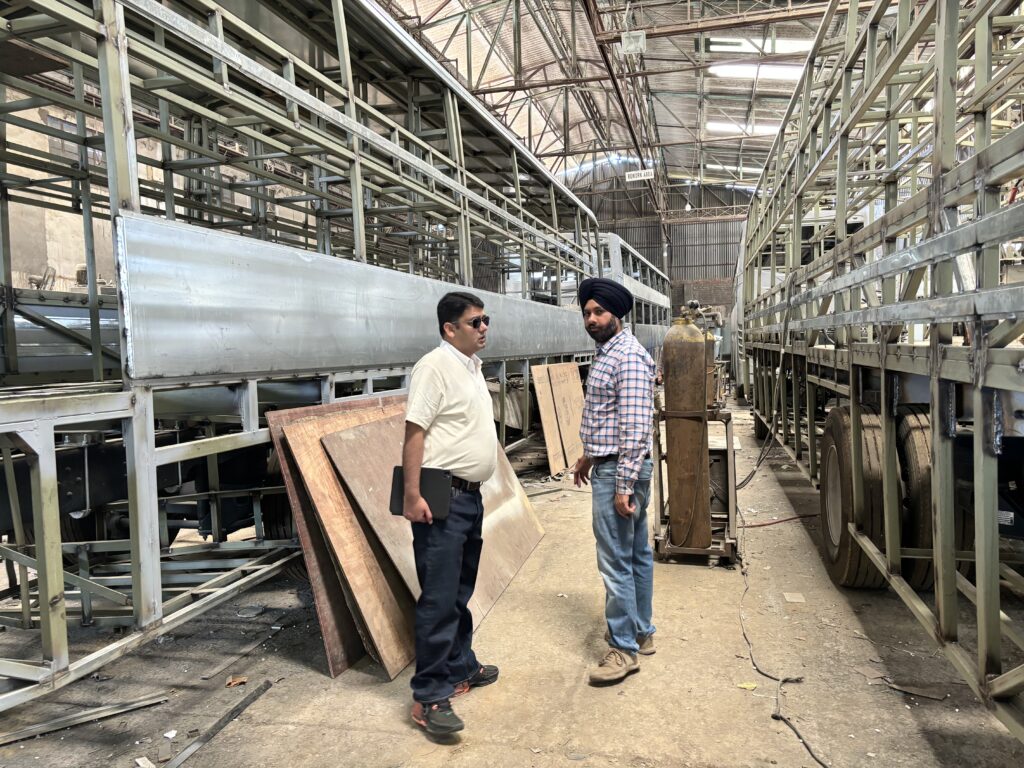
We worked closely with manufacturers to finalise every detail of the buses, from the layout of the seats/berths to the placement of charging points. Prototypes were built, tested, and refined. Onboard features like clean restrooms, entertainment systems, and reading lights were added based on passenger feedback. Once the designs were finalised, production began—a race against time to ensure that the fleet was ready for launch.
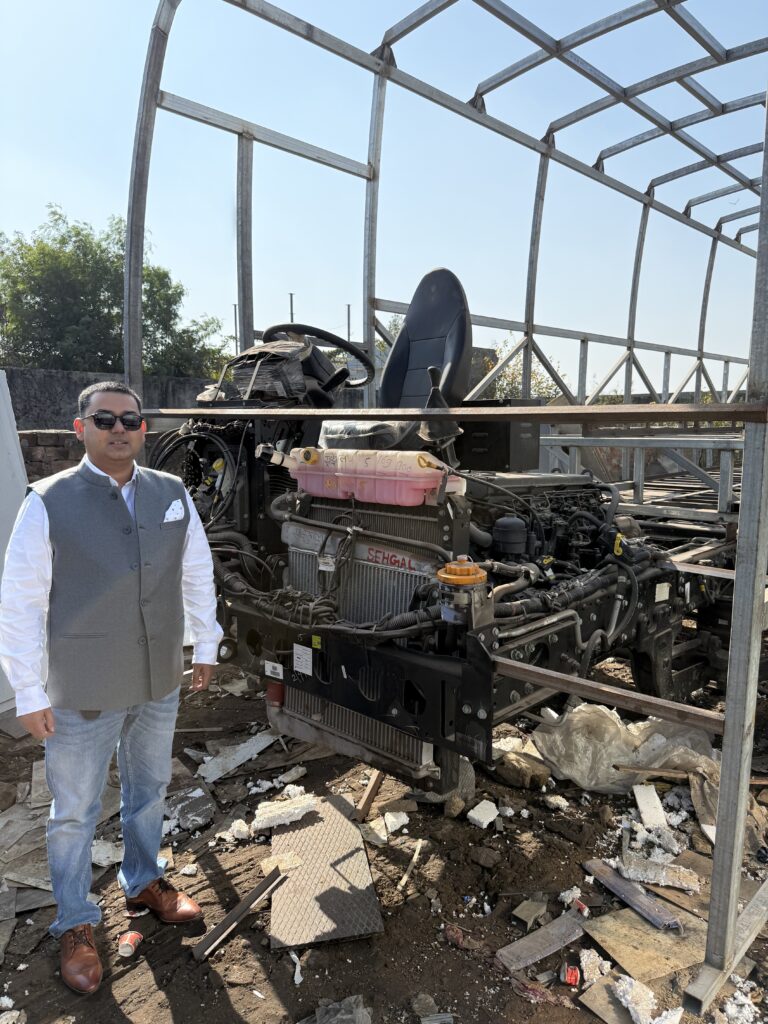
Even the best product needs a voice, and marketing was our way of telling the OurBus story. This wasn’t just about advertising routes or discounts; it was about creating a brand that passengers could trust. From the logo to the tagline, every element of our branding was designed to reflect our values of reliability, comfort, and customer focus.
Social media campaigns, regional partnerships, and word-of-mouth marketing played a crucial role in building awareness. But beyond promotion, marketing was also about listening—using feedback to refine our messaging and ensure that it resonated with our audience.
When launch day finally arrived, it felt surreal. Months of preparation, planning, and problem-solving had led to this moment. The first routes—connecting Delhi to cities in Eastern Uttar Pradesh (Lucknow)—were ready. The buses were clean, punctual, and equipped with amenities that set them apart. Our digital platform was live, making ticket booking seamless and transparent.
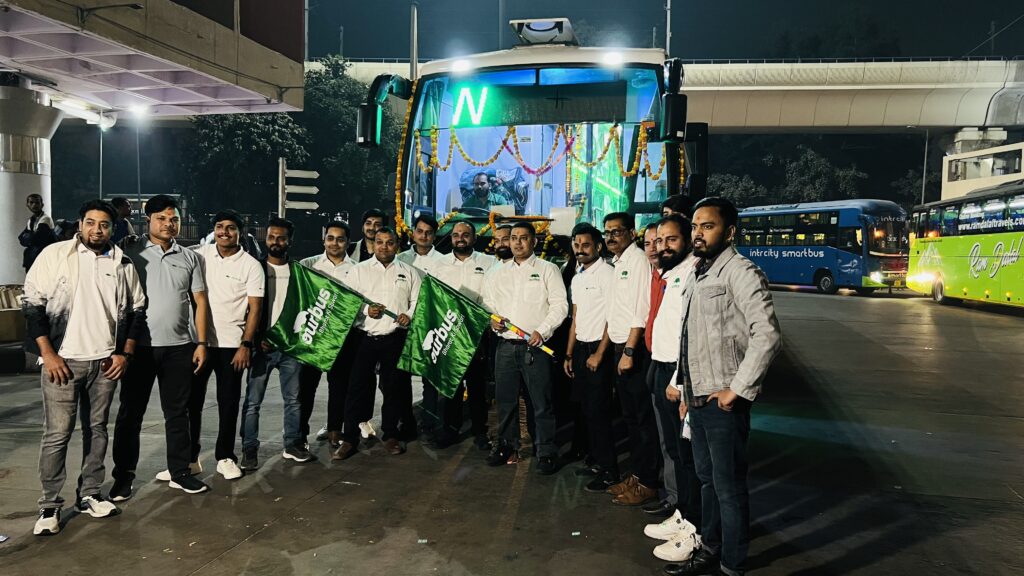
As the first passengers boarded, I felt a mix of pride and nervous anticipation. Would they see the difference? Would they appreciate the effort that had gone into every detail? The feedback, thankfully, was overwhelmingly positive. Passengers noticed the small touches—the courtesy of the staff, the cleanliness of the buses, and the ease of tracking their journeys in real-time. It was validation, not just of the product but of the process that had brought it to life.
Looking back, the journey was as much about personal growth as it was about business success. It taught me to embrace uncertainty, to find strength in vulnerability, and to value progress over perfection. It taught me that success isn’t about avoiding failure; it’s about learning from it and moving forward.
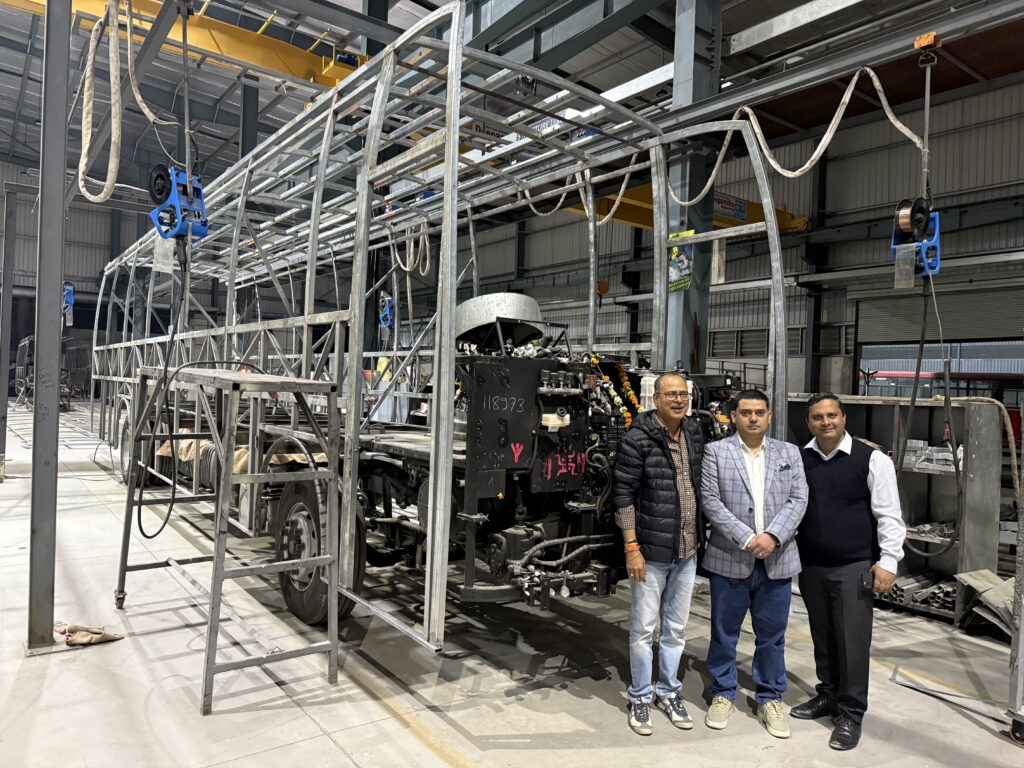
For OurBus , the journey is far from over. The launch was just the beginning. The goal now is to scale—to bring the same level of service to more routes, more cities, and more passengers. But the principles that got us here remain the same: listen to your customers, build strong relationships, trust your team, and never lose sight of the vision.
The road from 0 to 1 is rarely easy, but it’s always worth it. Because at the end of that road lies something extraordinary: the knowledge that you’ve created something that didn’t exist before, something that makes the world just a little bit better.
